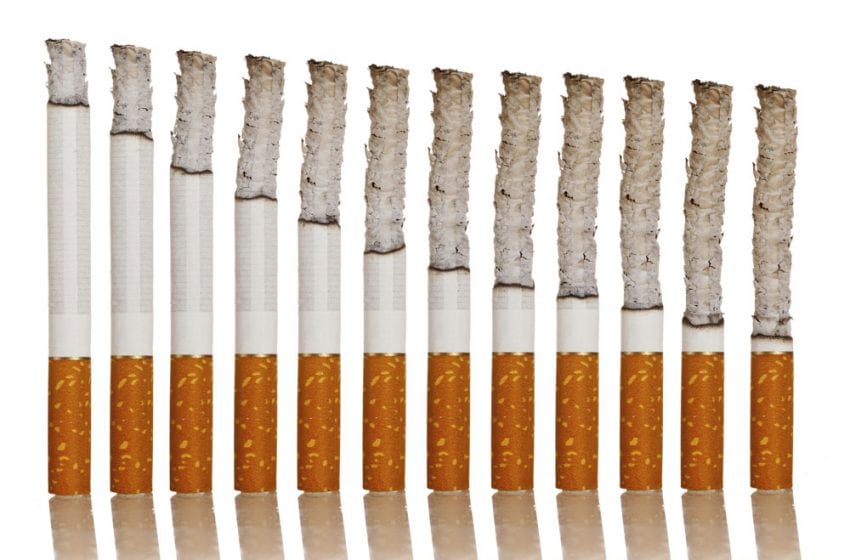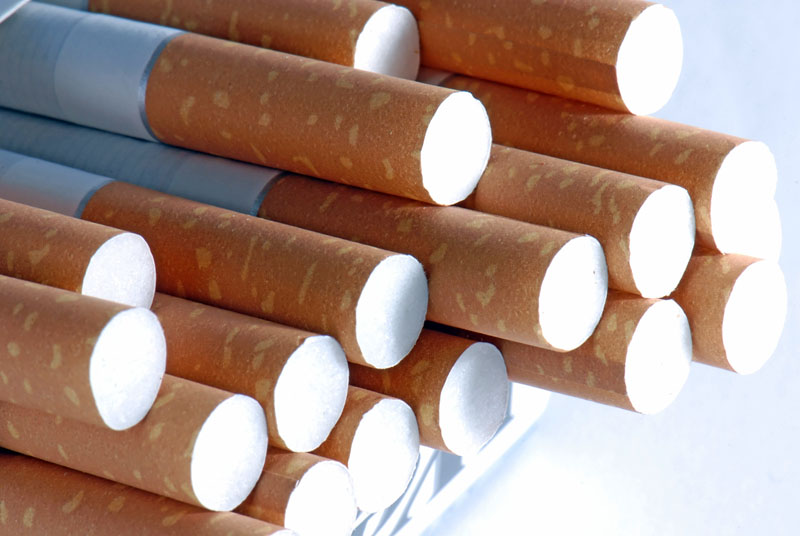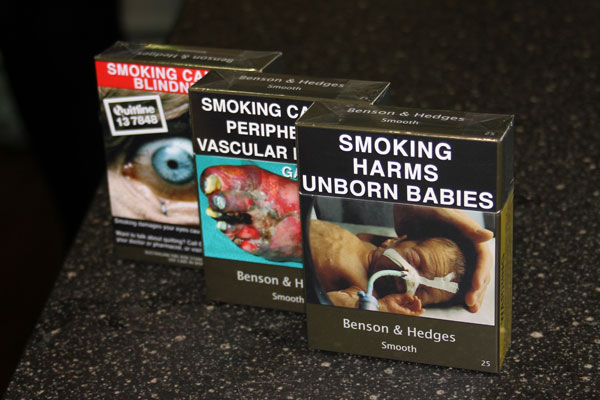The U.S. state of Michigan has imposed a six-month ban on the sale of flavored e-cigarettes to curb teen smoking, reports CNBC. The ban can be extended for another six months, but Governor Gretchen Whitmer said she hopes state lawmakers will make it permanent by writing the ban into law.
Whitmer directed the state health department to issue emergency rules to ban the sale of flavored nicotine vaping products in stores. She will also restrict marketing, preventing companies from advertising vaping products as “clean,” “safe,” “healthy” and other terms that portray the products as “harmless.”
Michigan is the first U.S. state to ban sales of flavored e-cigarettes.
Earlier this year, San Francisco became the first U.S. city to prohibit the sales of flavored e-cigarette products. Lawmakers in Boulder, Colorado, passed a similar measure last week.
Vaping is generally considered less harmful than smoking, but health activists are concerned about an increase in underage use of e-cigarettes. Many blame flavors for attracting teenagers.
Greg Conley, president of the American Vaping Association, called the ban “a shameless attempt at backdoor prohibition. He warned the measure would close down several hundred Michigan small businesses and could send tens of thousands of ex-smokers back to deadly combustible cigarettes.
“These businesses and their customers will not go down without a fight,” he said.
Last year, an attempt by the New York Department of Health to ban flavor was withdrawn for further legal review.
“Governor Whitmer’s order will effectively wipe out tobacco harm reduction in the Great Lakes State,” said Lindsey Stroud, state government relations manager at The Heartland Institute, a free market think tank. “There is little to no evidence flavor bans actually reduce youth use. In fact, after similar bans in California, youth use of e-cigarettes actually increased.”
Stroud also took issue with Whitmer’s suggestion that vapor companies are marketing their products as safe.
“Per the U.S. Food and Drug Administration’s 2016 deeming regulations, no vaping manufacturer or retailer is allowed to assert any health claim about these products unless they have obtained a modified risk tobacco product certification,” she said.
Michigan’s ban follows numerous claims of vaping-related hospitalizations that are increasingly being linked to black market cannabis products. According to The Heartland Institute, the Wisconsin Department of Health Services stated last week that 89 percent of their vaping-related hospitalizations were caused by such products. The Centers for Disease Control and Prevention have also found that most of these hospitalizations are linked to black market cannabis products.










